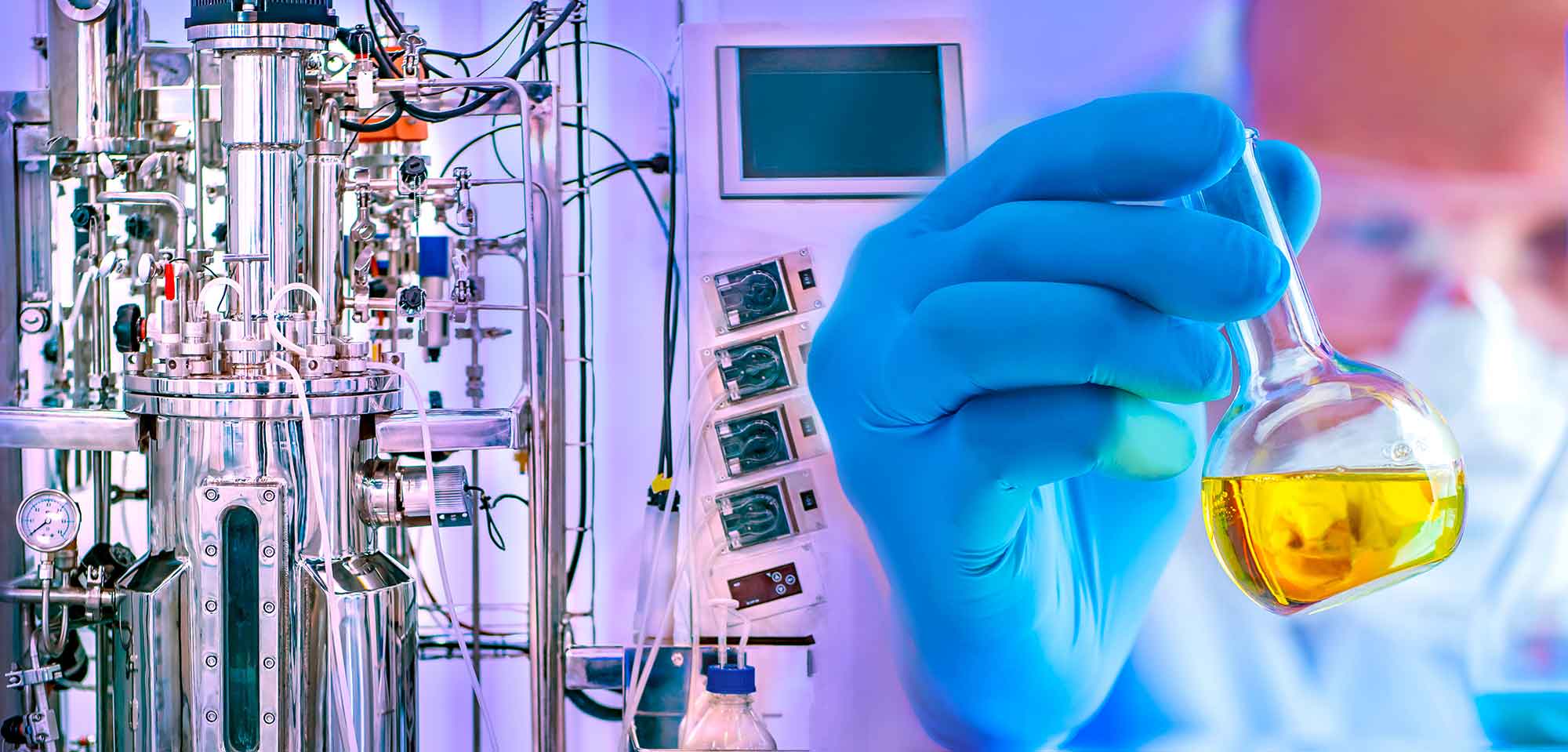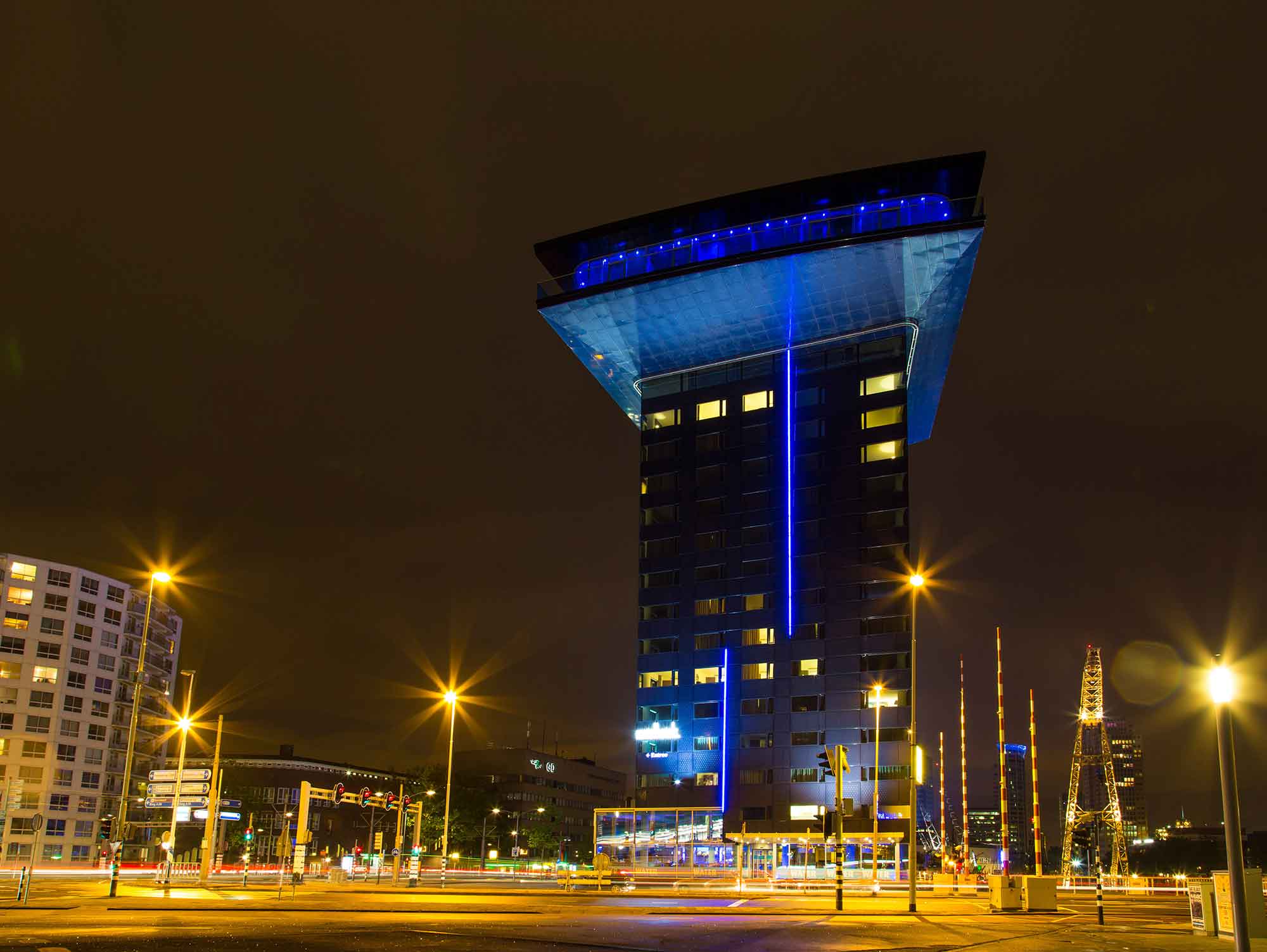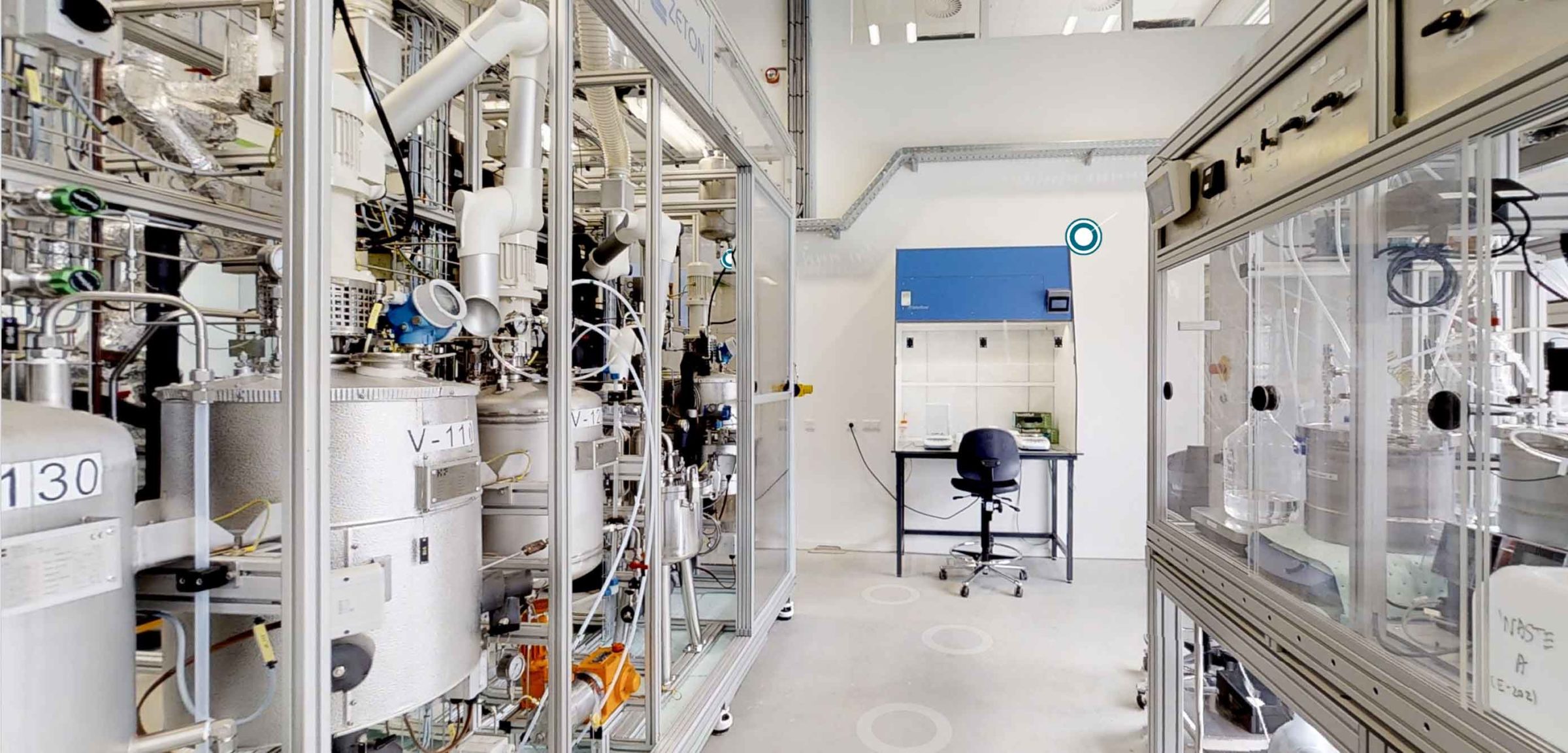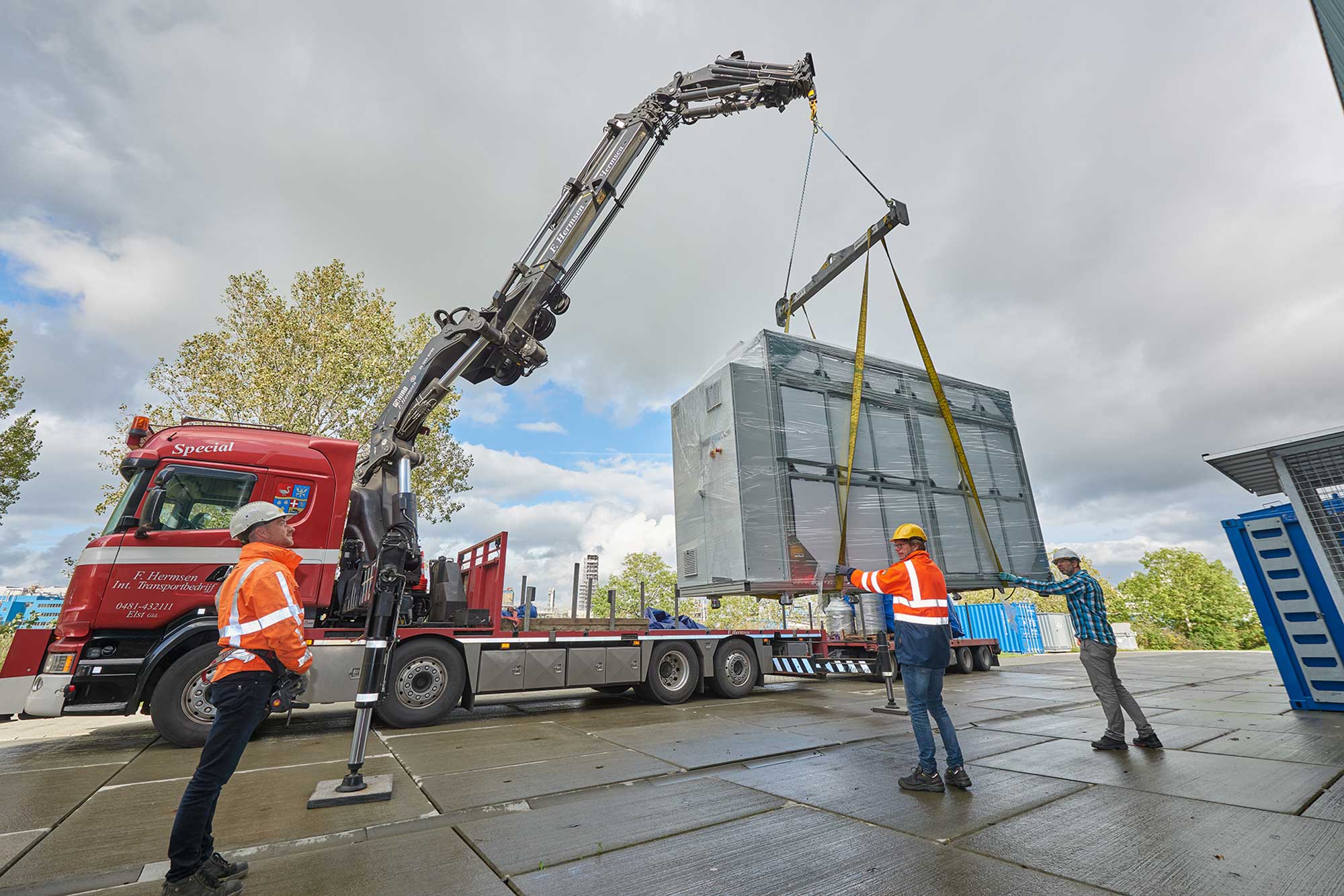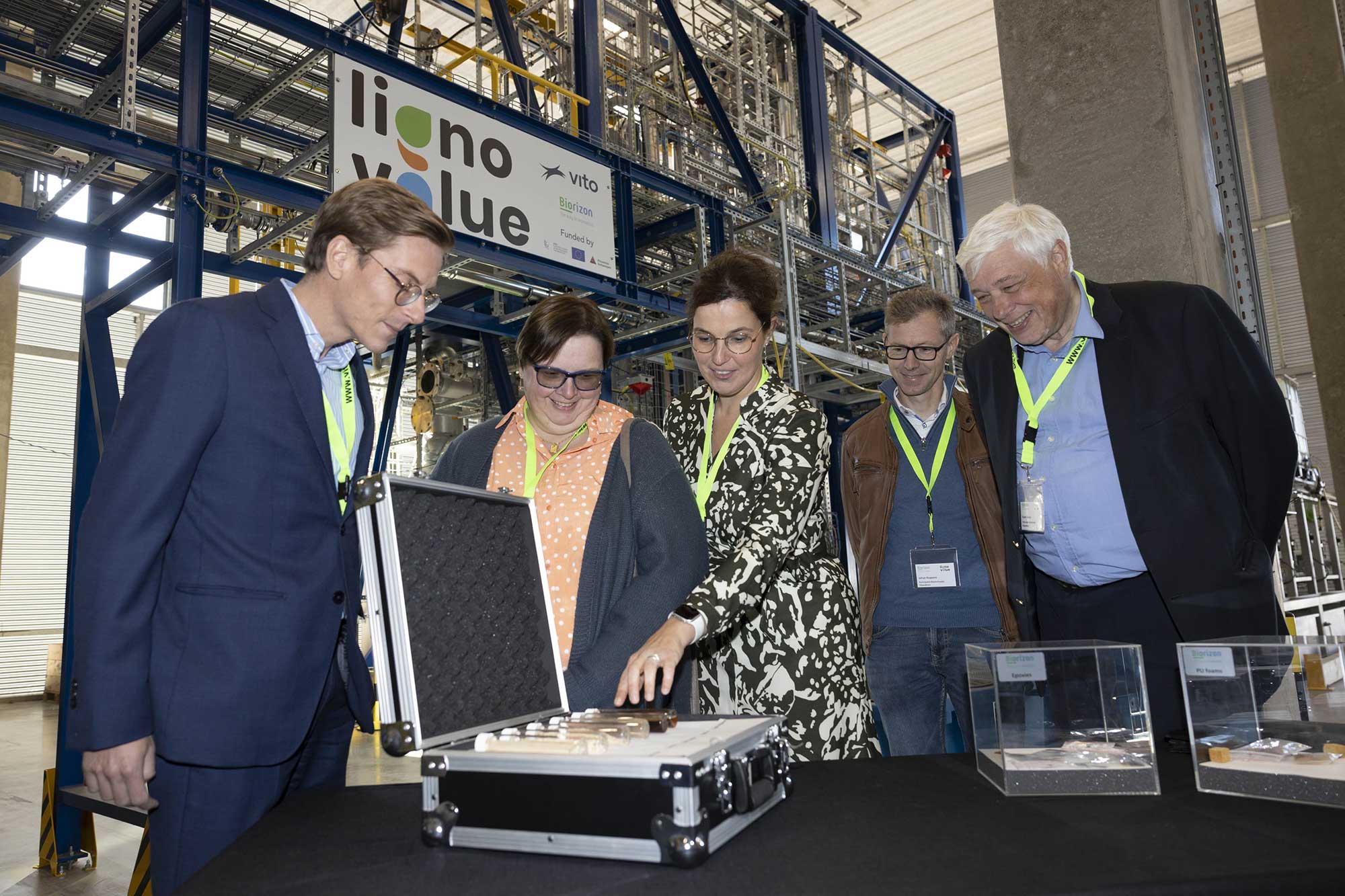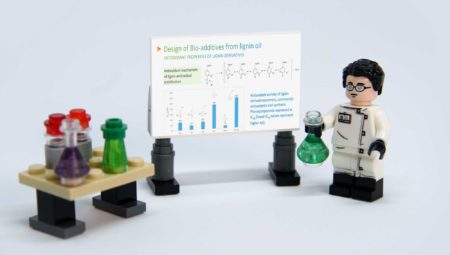Major industry players, small and medium enterprises (SMEs) and research and technology organisations from around the world will be present at the event to discuss the latest advances in bio-aromatics and delve deeper into opportunities to accelerate biobased business together.
Biorizon was formed over 10 years ago as a result of a project of TNO, Cargill and SABIC to explore the possibility of making biobased phenol from biomass residues.
Essential functionalities
Phenol is aromatic in structure, just like about 40 per cent of the world’s most widely used chemicals. They form building blocks for products such as plastics, resins and coatings, where they provide essential functionalities such as durability and thermal and UV stability. Until now, however, they were mainly fossil-based.
Groen: “So we started thoroughly researching literature, patents and global state-of-the-art knowledge in this field and came to the conclusion that there was almost nothing yet in the field of bio-aromatics. So we came up with the plan to set up a programme to work on this. That became Biorizon, in which we decided to combine the forces of TNO in the Netherlands and VITO in Flanders. Together we have more strength, more facilities, resources and talent. We also sought cooperation with the Green Chemistry Campus in Bergen op Zoom (the Netherlands). Together with the industry, we set up our roadmap, a living document that has served as an ongoing guide for the strategy and for investments from the companies.”
Milestones
By now, Shared Research Centre Biorizon conducts research and development within three so-called ‘horizons’: development and scale-up of bio-aromatics from the thermochemical route (pyrolysis), via industrial sugars and via lignin. Several projects are running in parallel and various pilot plants are also already in operation, for the thermochemical and sugar horizons at the Green Chemistry Campus and for the lignin horizon at VITO in Mol (Flanders). “These are great milestones. We see that the availability of these pilot plants only increases industry interest and involvement. We are now at TRL levels 6 and 7. That means we have been able to make progress and there are quite a few ideas that are working well.”
Another milestone is the emergence of Relement as a start-up from the Biorizon programme, a spin-off using IP from TNO. Relement commercialises a number of novel bio-aromatics, particularly for paints and coatings. The company was recently voted the most successful start-up in the province of Brabant. Relement is developing well and is now working on further upscaling with the French chemical company Solvay.
New opportunities also include Biorizon’s participation in the Biobased Circular Growth Fund programme in the Netherlands, which focuses on developing and scaling up biobased chemicals. This involves a total project size of €858 million, of which the Dutch central government is providing €338 million.
Another bright step forward is the start of the BIO-CAPPP project in June 2023, which is specifically aimed at small and medium-sized enterprises. In BIO-CAPPP, six partners from Flanders and the Netherlands are working together with companies, experts and students over the next 3 years to develop sustainable chemical building blocks and apply them in products for the construction and textile sectors, among others. This will involve application tests with the samples from Biorizon’s pilot plants and the provision of innovation vouchers to SMEs. Interreg Flanders-Netherlands, the provinces of Antwerp, East Flanders and North Brabant and the Dutch Ministry of Economic Affairs and Climate Policy are co-funders of this project, which has a total budget of €4.3 million.
Challenge
“The challenge for the coming period is of course further scaling up to TRL 8 and 9,” says Joop Groen. “That means from pilot plant to demonstration plants on a larger scale. Industry involvement will then only increase. Furthermore, we see that we still have many opportunities to develop new technologies and new chemistry. So that we can make even more bio-aromatics. I see the project as an apple tree; we started harvesting, but in the meantime the tree keeps growing and producing more and more apples. We are definitely not chopping it down!”
Registration for the Biorizon Annual Event is still open.
See also:
- Let the bio-aromatics shine! (article, Agro&Chemistry 26 June 2018)
- ‘We need more Biorizons’ (article, Agro&Chemistry 22 November 2018)
- Bio-aromatics are outgrowing the lab’s fume hood (article, Agro&Chemistry 15 October 2019)
- Biorizon forging ahead with bio-aromatics upscaling (article, Agro&Chemistry 9 December 2019)
- Relement bv introduces bio-aromatics to the market (article, Agro&Chemistry 6 October 2020)
- Biorizon on track for commercialisation of bio-aromatics (article, Agro&Chemistry 18 December 2020)
- Scaling up bio-aromatics research and application development with the industry (article, Agro&Chemistry 3 December 2021)
- Biorizon partner VITO opens LignoValue pilot plant in Flanders (article, Agro&Chemistry 11 October 2022)
- ‘Bio-aromatics can make sportswear more sustainable’ (article, Agro&Chemistry 3 December 2022)
Image above: Fotogrin/Shutterstock
